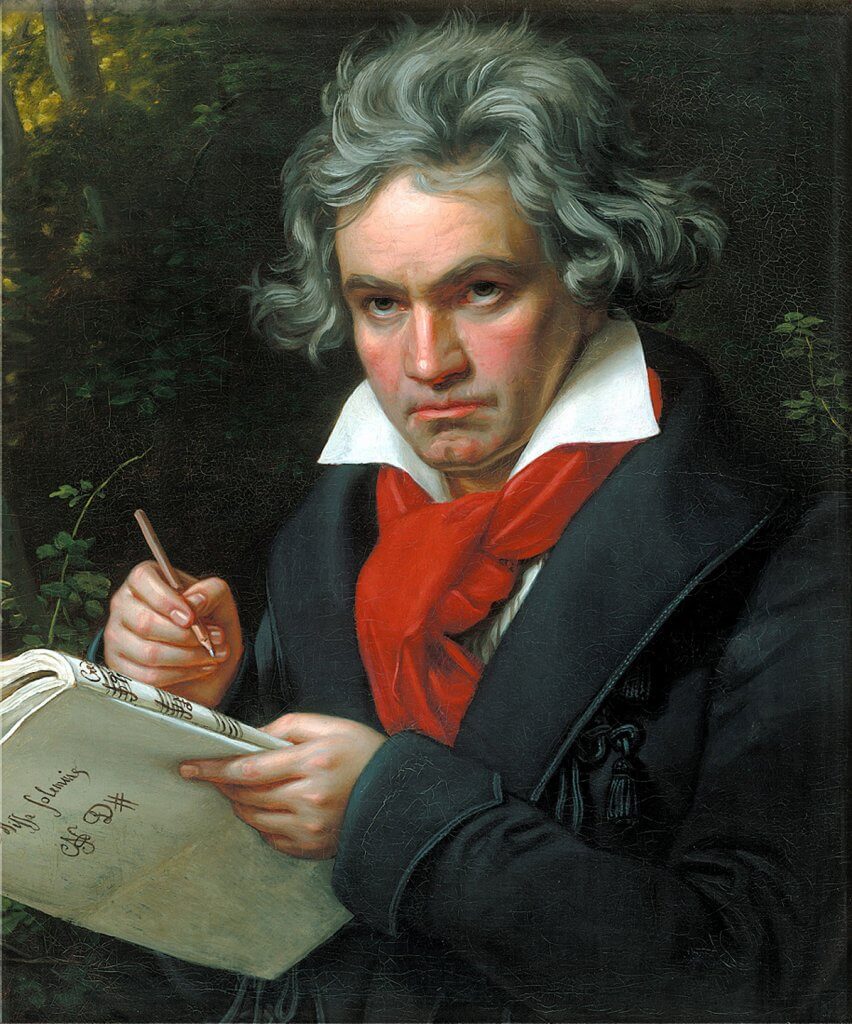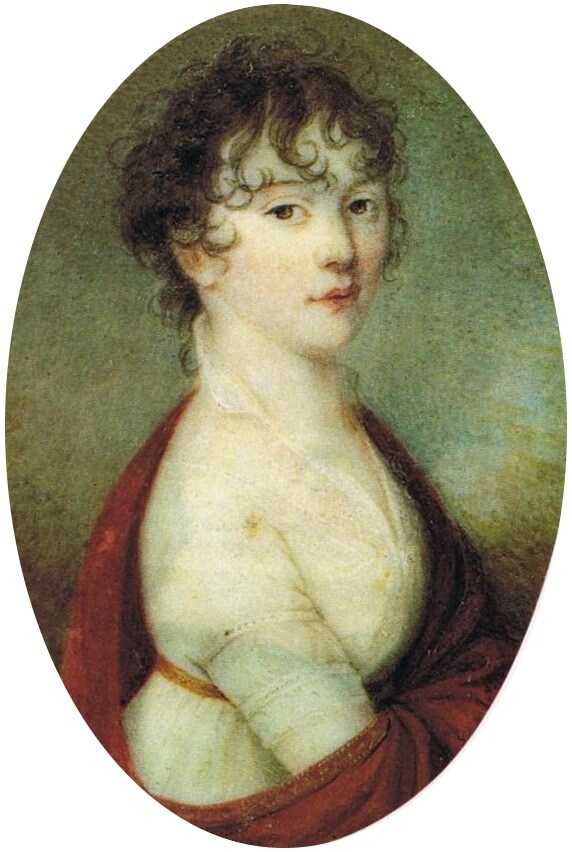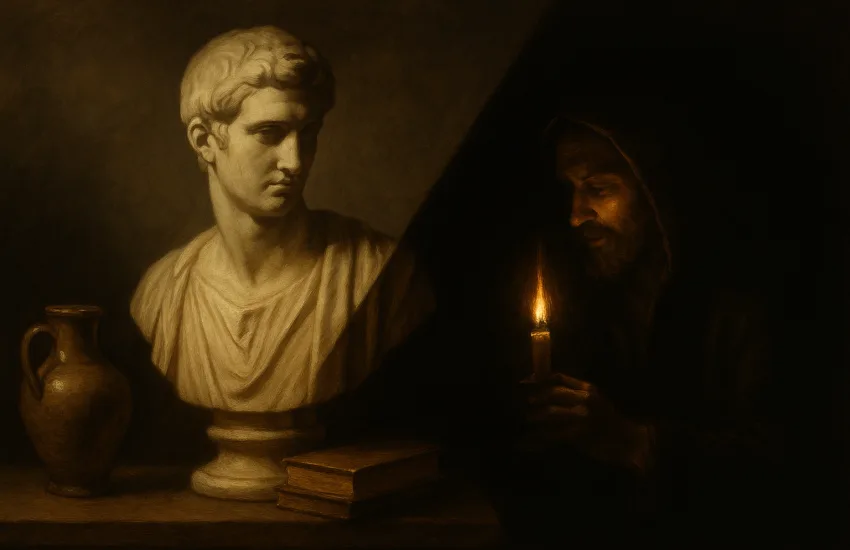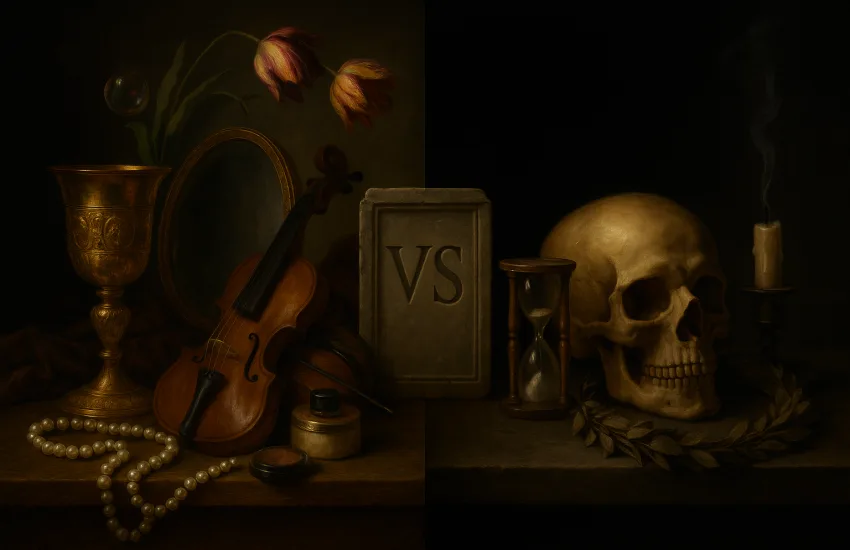THE STORY OF MOONLIGT SONATA
What is the reason why Beethoven’s best-known work, Moonlight Sonata (Quasi Una Fantasia), is spoken a lot by people? People have invented many rumors about the work so far, and they have chosen which of these untrue rumors to believe. Let’s dive deep into this work that captivates the audience and has stories written on it.

Beethoven dedicated his work Quasi Una Fantasia (almost a fantasy), composed in 1801 and published in 1802, to his student, Countess Giulietta Guicciard, with whom he also fell in love. In the letters he wrote to his friend Herr Van Wegeler, Beethoven says that the ringing and humming in his ears decreased, but his hearing problem did not go away. She says that Countess Giulietta Guicciard is taking care of her, that she is happy for the first time in years and that marriage will make her happy.

Although Beethoven dedicates the work to Guicciard, according to musicologist and pianist Timothy Janes, Beethoven wanted to dedicate the work to Guicciard, G. Op. 51 No. He said it was 2. However, Prince Karl Lichnowski had to present a work to his sister Henniette, and he gave it to Henniette. Beethoven did not compose “Quasi una fantasia” for Giulietta. While writing the work, he has no love and happiness for her in mind.
While composing this piece, which he started in 1801, his deafness gradually increased and he distanced himself from social environments. In one of his letters, he said to his friends that “Art is the only thing that keeps me alive” and expressed his concerns for his current situation and the future.
The work, which was published in 1802, was interpreted as “A shining moonlight in the lake” by the German journalist and poet Ludwig Rellstab, 5 years after Beethoven’s death. People liked this interpretation, and from that day on, people called the piece “Moonlight Sonata”. Although some writers of that period claimed that this work told about death, people said that they resembled moonlight before and they gave the work this nickname.
Isn’t the Moonlight Sonata, which we know that he did not compose for love, a rebellion, a lament of Beethoven against his deafness? While the composers of the period gave dynamic and energetic works, does Beethoven’s Moonlight Sonata, which is loaded with sadness, pessimism and anger, present his surprise and intense anxiety? Sad as if walking on the lake where it shines. Combining the reflection of his fear and anxiety with his piano, Beethoven finishes the piece as if it were the last time he heard it. What can be said, just a moonlight shining on the lake.


